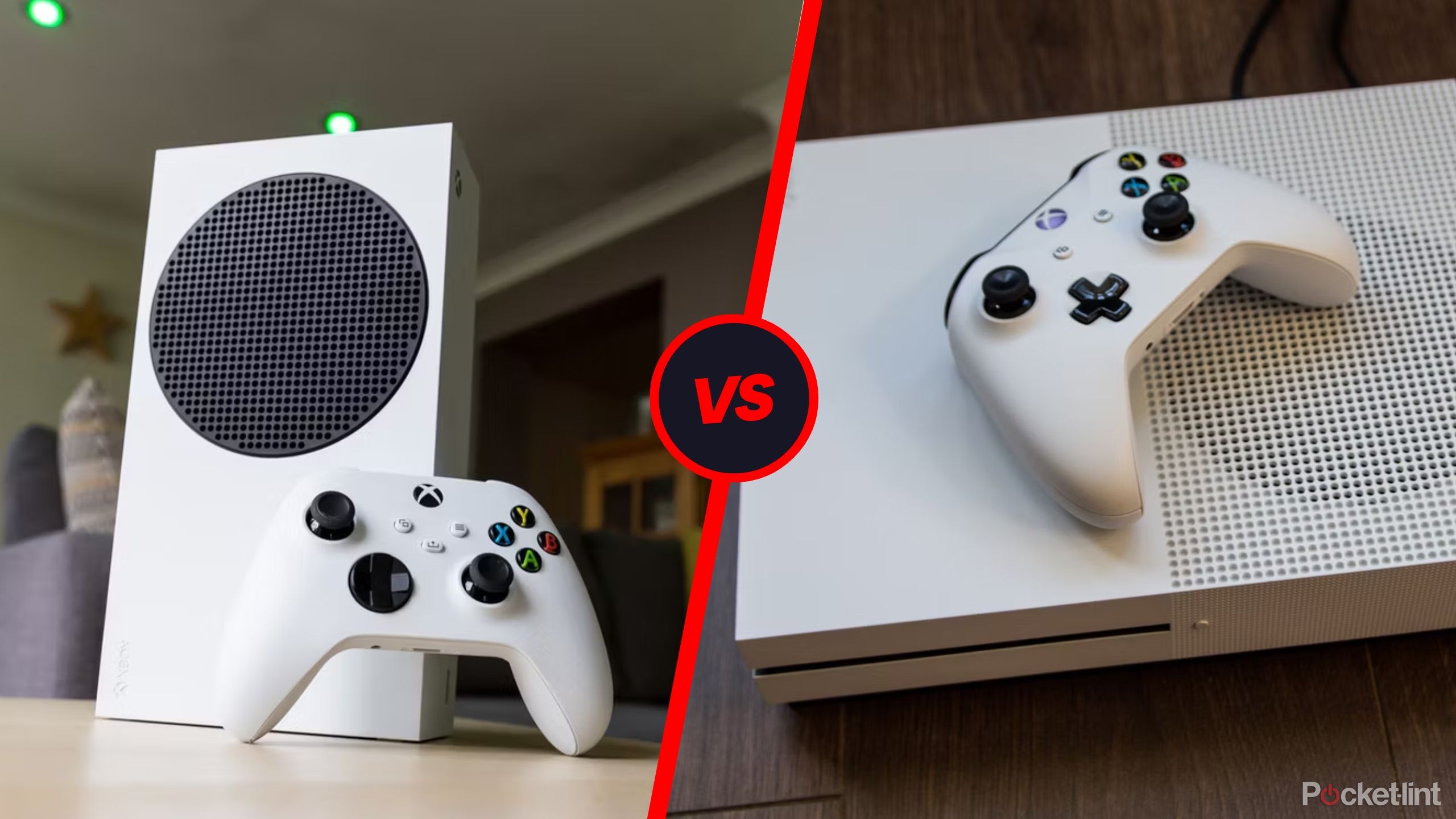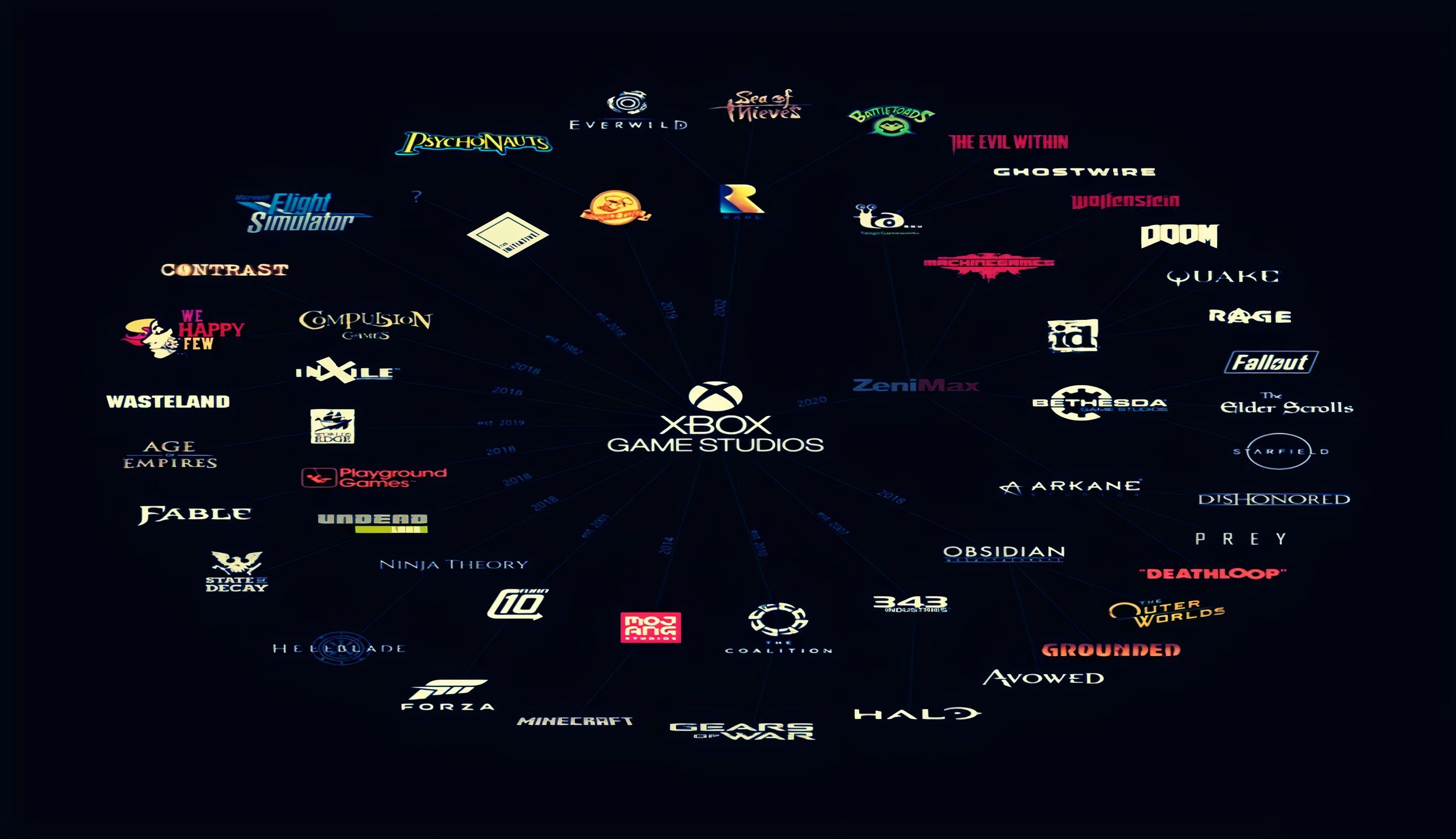Key Takeaways
- Xbox shut down four studios under Bethesda, prioritizing blockbuster games for profitability.
- Industry consolidation and profit-chasing lead to studio closures, affecting creative and successful titles.
- Studios like Tango Gameworks have faced shutdown despite releasing one of the best Xbox titles due to Xbox’s push for growth.
Xbox has just shut down four of its internal studios under the Bethesda Game Studios banner in another massive layoff. These studios include Redfall’s Arkane Austin, Hi-Fi Rush’s Tango Gameworks, Mighty Doom’s Dog Studios, and internal studio Roundhouse Games. Aside from Redfall, which Arkane Austin reportedly was pressured to create, these studios have historically developed above-average to excellent games, prompting many, myself included, to wonder why.
According to the head of Xbox Game Studios, Matt Booty, the closures are “grounded in prioritizing high-impact titles and further investing in Bethesda’s portfolio of blockbuster games and beloved worlds, which you have nurtured over many decades.”
The industry has felt like it’s been in a freefall since late last year, with no signs of slowing down.
As unfortunate as this news is, it’s not surprising. The industry has felt like it’s been in a freefall since late last year, with no signs of slowing down. I imagine that being a small studio purchased by one of the largest companies in the world would have inspired a sense of freedom, knowing that one poorly performing game wouldn’t mean the end of the entire studio. Instead, mass consolidation and the need to pursue ever-increasing profits have led to the closure of studios like Tango Gameworks, which released one of the best titles for the Xbox. This isn’t exclusively an Xbox problem, but a prime example of the pitfalls of any publisher attempting to consolidate too much of the industry.
All for one
And none for all
Xbox
Studio closures have always been a part of the industry. Not every game sells well enough to support the teams that make them, and as the market becomes flooded with more titles demanding greater resources and time to produce, each game becomes a bigger gamble. While I will never say that it’s right, I must acknowledge what the head of Xbox, Phil Spencer, once said about not being able to run a business that doesn’t grow. This need for exponential growth is a broader issue than just the games industry, but what I can push back against is the attempt to force growth through hostile consolidation.
For over a decade, Xbox has been buying its way into the industry. Its consoles have been on a downward sales trajectory since the Xbox One, and its internal studios have either not delivered much or released disappointments like Halo Infinite. Rather than attempting to right its own ship, Xbox has focused on acquiring established studios such as Obsidian, Ninja Theory, Playground Games, all of Bethesda, and now Activision Blizzard to bolster its output. Again, I don’t believe studio acquisitions are inherently bad. The problem arises when these purchases are made forcefully rather than organically, as Xbox had little to no history with many of the studios it acquired.
I don’t like saying this, but I don’t believe we’ve heard the last word about closures under Xbox.
I don’t like saying this, but I don’t believe we’ve heard the last word about closures under Xbox. The Activision Blizzard deal may have inflated its profitability in the short term, but it’s now part of a sinking ship. Just like Embracer is shedding as many of its purchases as possible to stay afloat, Xbox will have to continue streamlining its studios to focus on guaranteed moneymakers unless it finds new success in hardware or services. That means studios making great games that aren’t profitable enough, like Hi-Fi Rush, aren’t worth keeping when those funds could be redirected to this year’s Call of Duty. Note that I said “enough profit” and not that it didn’t make money; Aaron Greenberg explicitly stated that the title “was a breakout hit for us and our players in all key measurements and expectations.”

Xbox Series S vs Xbox One S: Battle of the compact siblings
Between the two slim-style consoles — which is the best S-version Xbox for you?
People dislike consolidation for many reasons, but I think we can all agree that it’s the only way a studio can produce a successful game and still be shut down. Is Phil Spencer to blame? To some extent, yes, but not entirely. He’s making as many significant moves as possible to save the Xbox brand in a market that demands nothing less than constant growth year over year. The Xbox brand has survived longer than it should have because of its parent company, and as a result, it has passed its failures on to the studios it spent billions acquiring. This is the problem with consolidation: talented people working on creative, unique, and successful titles must bear the weight of the sinking corporation that purchased them. This shortsighted decision simply kicks the can down the road at the expense of hundreds of people’s careers.
Trending Products

Cooler Master MasterBox Q300L Micro-ATX Tower with Magnetic Design Dust Filter, Transparent Acrylic Side Panel…

ASUS TUF Gaming GT301 ZAKU II Edition ATX mid-Tower Compact case with Tempered Glass Side Panel, Honeycomb Front Panel…

ASUS TUF Gaming GT501 Mid-Tower Computer Case for up to EATX Motherboards with USB 3.0 Front Panel Cases GT501/GRY/WITH…

be quiet! Pure Base 500DX Black, Mid Tower ATX case, ARGB, 3 pre-installed Pure Wings 2, BGW37, tempered glass window

ASUS ROG Strix Helios GX601 White Edition RGB Mid-Tower Computer Case for ATX/EATX Motherboards with tempered glass…











